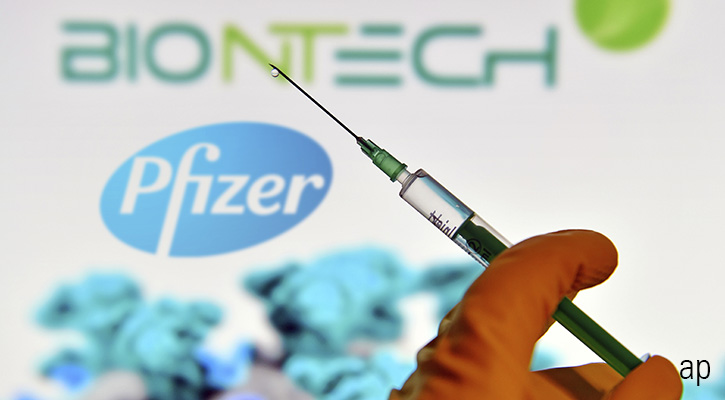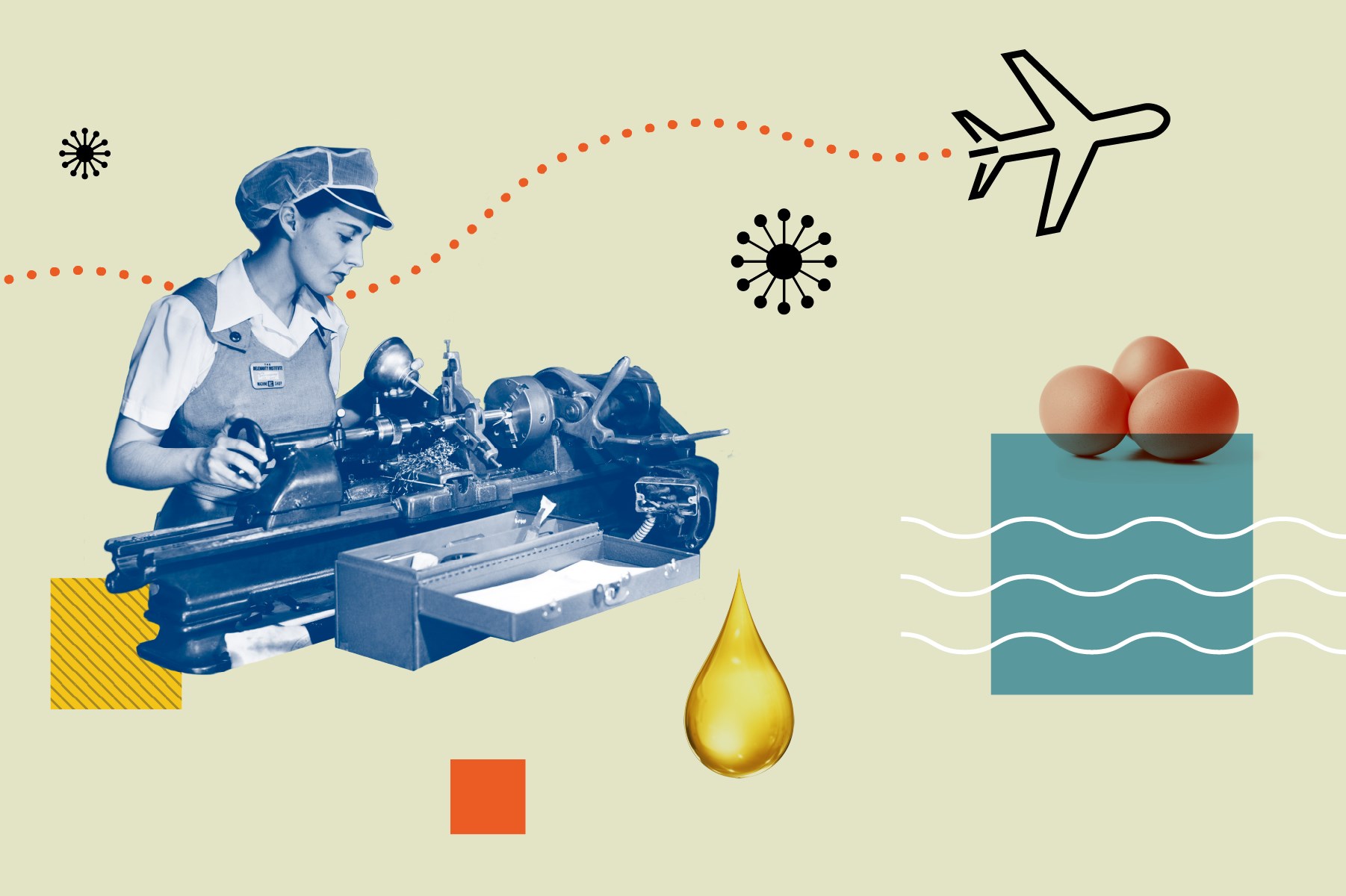
AstraZeneca/Oxford
Following excellent data from Pfizer/BioNTech and Moderna, AstraZeneca (AZN) and partner Oxford University reported favourable phase 3 data on Covid-19 vaccine AZD1222 with an efficacy rate of 90% (low dose) and 62% (full dose) with no major safety issues observed with the initial data cohort. At the low dose, the efficacy looks fairly similar to competitor data, albeit slightly lower than the 94%-95% efficacy reported by others. We are increasing the vaccine’s probability of approval to 90% but given the firm’s commitment to pricing the vaccine at a non-profit level, we don’t expect any impact to Astra’s fair value estimate. However, the quick development of the vaccine reinforces the firm's innovative power and wide moat. With the likely authorisation of a third vaccine, we expect global demands will be more easily satisfied over the next few years.
Astra expects manufacturing capacity of up to 3 billion doses in 2021. Combined with almost 2 billion doses in total from Pfizer/BioNTech’s and Moderna’s vaccines, close to 3 billion people could be vaccinated (assuming 1.5 to 2 doses for each person). Also, Astra’s vaccine looks potentially easier to transport with only mild temperature requirements as compared with the other vaccines, which may make Astra’s vaccine more appealing for less developed countries. Also, we expect additional pivotal data from Johnson & Johnson (JNJ), Sanofi (SAN), GlaxoSmithKline (GSK) and many more vaccine manufacturers in 2021. We continue to expect the pricing power of the vaccines to be low, especially with several competitors receiving government funding and stating a commitment to low vaccine pricing. However, we expect the very quick development of vaccines to enable the biopharma industry to gain goodwill with governments to help in discussions around any drug pricing reforms.
Pfizer/BioNTech
Pfizer (PFE) and partner BioNTech (BNTX) reported favourable phase 3 data on Covid-19 vaccine BNT162b2, with an efficacy rate of over 90% and no major safety issues observed at an interim analysis. We are increasing the vaccine’s probability of approval to 90% from 60% in our model, supporting sales projections of €13 billion in 2021.
The more favourable outlook increases our fair value estimate for BioNTech to $65 from $56, but the update has only a small impact on Pfizer’s valuation, as the vaccine’s economics are split between the partners, and we expect competition from other vaccines to erode its demand and pricing power by 2023.
Nevertheless, the quick development of the vaccine reinforces the firms’ innovative power and Pfizer’s wide moat along with BioNTech’s positive moat trend.
With the vaccine’s efficacy over 90% and no major safety issues observed, we believe the regulatory agencies are likely to authorise it for emergency use in late 2020, followed by full approval in 2021 pending supportive final data. The US Food and Drug Administration has said it would need at least 50% efficacy to approve a Covid-19 vaccine, and BNT162b2 clearly passes this threshold. Further, the lack of major safety issues should reassure regulators and the general public. With manufacturing ramping up, the firms expect to produce up to 1.3 billion doses in 2021.
The vaccine should engender strong goodwill for the companies, but because of the likely heavy competition, we view it as only moderately helpful for valuation. With strong competitors like Moderna (MRNA), Johnson & Johnson (JNJ), AstraZeneca (AZN), Sanofi (SAN), GlaxoSmithKline (GSK), and many more, we expect the pricing power of the vaccines to be low, especially with several companies receiving government funding and stating a commitment to low pricing. However, we expect the quick development of vaccines to enable the biopharma industry to gain goodwill with governments and help in discussions around any drug pricing reform.
































